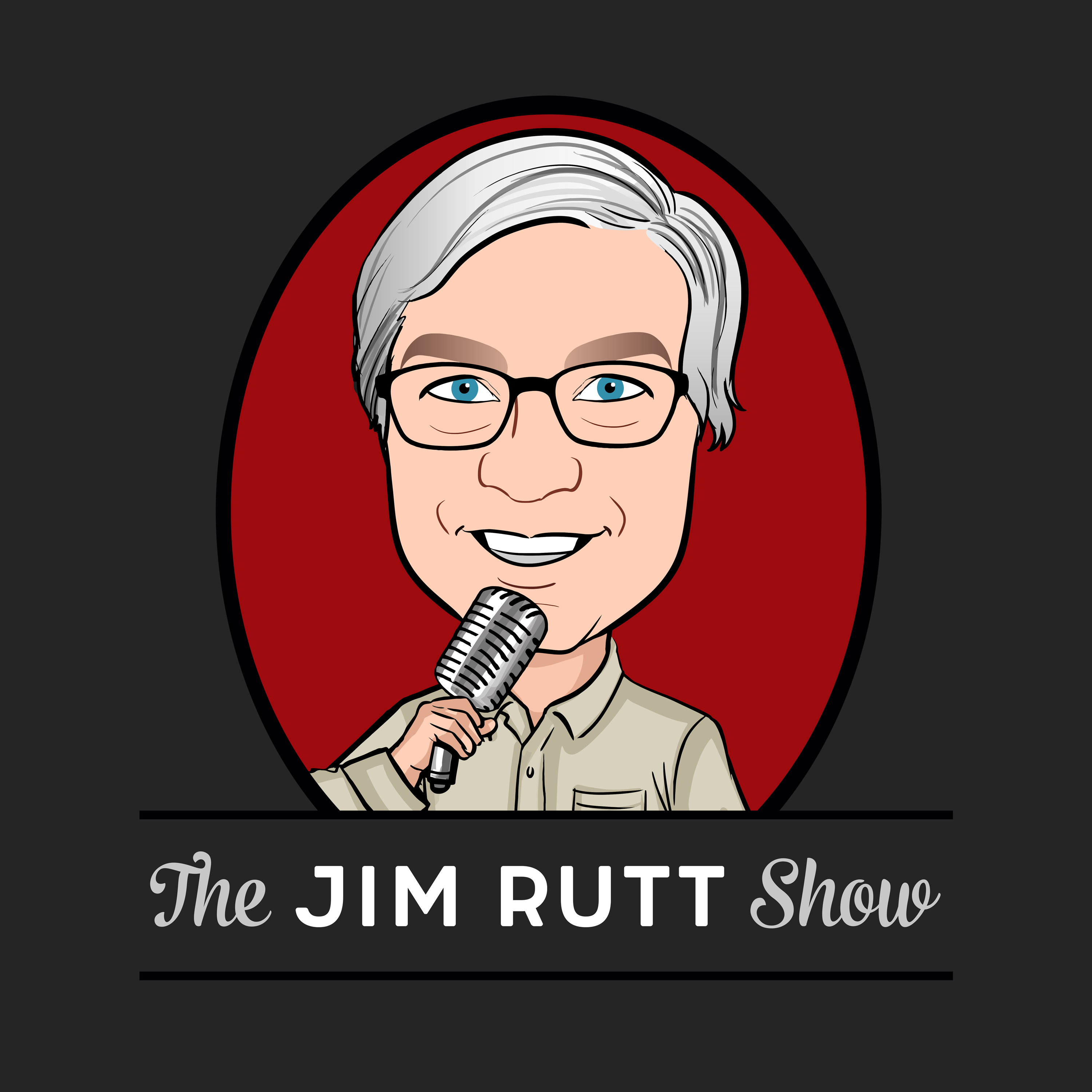

The Jim Rutt Show
The Jim Rutt Show
Crisp conversations with critical thinkers at the leading edge of science, technology, politics, and social systems.
Episodes
Mentioned books

44 snips
Jul 3, 2025 • 0sec
EP 308 David Chapman on Rethinking Nobility
David Chapman, a writer and speaker focused on meaning and culture, dives deep into the concept of nobility, advocating for its redefinition in modern society. He critiques elite education and explores the idea of 'fluid nobility' as a choice based on intention. Their conversation touches on the lessons from historical texts like 'The Battle of Maldon,' the implications of meritocracy, and the ethical responsibilities of tech leaders. By connecting Vajrayana Buddhism and meta-rationality, Chapman envisions a future rich in creativity and community.

54 snips
Jul 1, 2025 • 1h 30min
EP 307 Thomas Schindler on Heliogenic Civilization
Thomas Schindler, co-founder of delodi.net, dives into the transformative concept of heliogenic civilization, advocating for regenerative practices and equitable resource distribution. He discusses innovative construction techniques using earth blocks, alternative financial investments prioritizing sustainability, and the role of biological computing in shaping our future. Schindler emphasizes community resilience through knowledge sharing and explores the implications of emerging technologies, aiming for a harmonious balance between humanity and nature.

25 snips
Jun 25, 2025 • 1h 26min
EP 306 Anders Indset on The Singularity Paradox
Join business philosopher Anders Indset, a Thinkers50-recognized mind in tech and leadership, as he delves into his book, *The Singularity Paradox*. He tackles the 'final narcissistic injury' of humankind amidst AI evolution, contrasting machine with human consciousness. Indset raises ethical concerns surrounding AGI and the importance of preserving human qualities in tech progress. The conversation also explores game theory in a tech-driven world and the vital role of anticipatory leadership for navigating future complexities.

64 snips
Jun 19, 2025 • 1h 22min
EP 305 J. Doyne Farmer on Complexity Economics
J. Doyne Farmer, a leading figure in complexity economics and professor at the University of Oxford, dives into the intricate relationship between chaos theory and economics. He explains how chaotic systems challenge traditional economic models and emphasizes the importance of agent-based modeling. Farmer discusses the historical implications of bounded rationality and how it influenced the 2008 financial crisis. He also explores the concept of the economy as a living organism and advocates for innovative approaches to address climate change and energy investments.

64 snips
Jun 17, 2025 • 1h 22min
EP 304 Samuel Arbesman on The Magic of Code
Samuel Arbesman, a scientist at Lux Capital and author of "The Magic of Code," dives into the enchanting world of coding. He shares his journey from skepticism about computers to embracing their creative potential. Topics include the transformative impact of AI on programming, the historical layers of abstraction in coding, and the mystical parallels between coding and magic. Arbesman also explores the challenges of copyright in the digital landscape and the fascinating implications of simulation theory in understanding reality.

25 snips
Jun 4, 2025 • 58min
EP 303 Mark Stahlman on Pope Leo XIV and the Catholic Church’s Missionary Turn
Mark Stahlman, a biologist and tech strategist, dives into the emergence of Pope Leo XIV and the Catholic Church’s missionary shift. They explore Pope's name significance, contrasting current and past leadership styles. The conversation touches on the Church's role in modern financial systems, the impact of digital currency, and global trade dynamics. They also discuss the challenges of solidarity in a multipolar world, along with the influence of Catholic social teachings amid technological advancements. Stahlman highlights how the Church may evolve to address a younger generation's challenges.

76 snips
May 30, 2025 • 54min
EP 302 Daniel Mezick on Games and Governance
Daniel Mezick, an Agile coach and consultant, dives into the connection between games and governance. They discuss Jane McGonigal's ideas on game properties, contrasting formal and informal authority structures. Mezick critiques the two-party system and examines the U.S. Constitution through a game theory lens, advocating for innovative governance ideas like 'blue money' to boost political equity. The conversation also highlights how rules shape human behavior and the potential for constitutional reforms to foster more effective governance.

123 snips
May 27, 2025 • 0sec
EP 301 Zak Stein on K-12 Education in the AI Era
In this engaging discussion, Zak Stein, Co-Founder of the Civilization Research Institute, digs deep into the impact of AI on K-12 education and human development. He explores the dangers of technology overshadowing genuine teacher-student relationships and the risks of cognitive diminishment from over-reliance on AI. Stein raises concerns about emotional attachments to AI, questioning its role in parenting and education. The conversation touches on the need for ethical AI design and the importance of cultural frameworks to safeguard meaningful human connections.

40 snips
May 22, 2025 • 1h 12min
EP 300 Daniel Rodriguez on AI-Assisted Software Development
Daniel Rodriguez, Chief Architect at r.Potential, dives into the fascinating world of AI-assisted software development. He shares insights from his background at Microsoft and Anaconda, discussing the impact of transformer-based technologies and large language models on coding. The conversation explores the challenges and cultural resistance programmers face in adopting AI tools, while also highlighting practical strategies for integration. Philosophical perspectives on AI consciousness and the evolution of user interaction styles provide a thought-provoking backdrop to the future of software engineering.

31 snips
May 21, 2025 • 1h 36min
EP 299 Ryan Blosser on Permaculture for Food and Friendship
Ryan Blosser, a farmer, educator, and co-founder of the Shenandoah Permaculture Institute, dives into the essence of permaculture in his insightful conversation. He shares his motivations behind writing a book on growing food and fostering community ties. Topics include the significance of water management and the cultivation of food forests through layered planting. Ryan also discusses the importance of diverse capital forms, humorous personal stories about cannabis cultivation, and reflections on generational resilience, all while celebrating the connections we build through nature.


